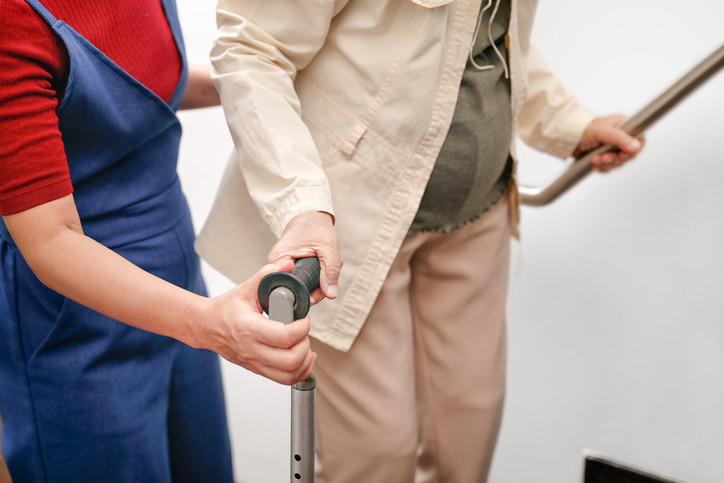
5 timeless habits for better health

What are the symptoms of prostate cancer?

Is your breakfast cereal healthy?

When pain signals an emergency: Symptoms you should never ignore

Does exercise give you energy?

Acupuncture for pain relief: How it works and what to expect

How to avoid jet lag: Tips for staying alert when you travel

Biofeedback therapy: How it works and how it can help relieve pain

Best vitamins and minerals for energy

Should you take probiotics with antibiotics?
Safety/Injuries Archive
Articles
9 ways to stay out of the emergency room this winter
Certain strategies can help people avoid trips to the emergency room during the winter. For example, to avoid slipping and breaking a bone, spread salt on sidewalks and driveways; to avoid hypothermia, wear a coat and layers of athletic clothing that wicks away moisture; to avoid a heart attack from overexertion, use caution when starting a new exercise routine or shoveling snow. It's also important to build an emergency kit that includes several days' worth of food and drinking water, and two weeks of medication.
What you should know about recalls of cardiac devices
Implanted heart devices include pacemakers and implantable cardioverter defibrillators (ICDs), which monitor and correct abnormal heart rhythms. While very reliable, they are not perfect, and recalls of these devices affect thousands of people each year, according to a 2024 study. Testing the effectiveness and safety of cardiac devices is far more complicated than testing drugs. But efforts are under way to improve postmarket tracking of device complications by using electronic health records, Medicare databases, and registries developed in partnership with device manufacturers.
Court ruling curbs unfounded claims for memory supplement
In the US, supplements are not tested in the way prescription medicines are, and their manufacturers can make claims about their abilities that may or may not be true. But there are some rules supplement makers must follow, and the FDA's plan to revamp its regulation of dietary supplements is a step toward improving consumer protection.
Is snow shoveling safe for people with heart disease?
Snow shoveling can be risky for people with heart disease because (1) the activity requires a lot of physical effort, and (2) cold temperatures constrict arteries. Both factors can raise the risk of a heart attack in people with narrowed heart arteries.
Fear of falling: Do you have an emergency plan?
Because falls are a serious risk for people ages 65 and older, it's important to have an emergency plan in place. The plan should include a trusted contact who'll be able to help in the event of a fall, and an understanding of when to call 911 versus the doctor's office. It would also be beneficial to have a medical alert system that summons emergency contacts and 911 at the touch of a button. And it would help to consider which resources would be needed if a fall results in a long recuperation.
Preventing falls in older adults: Multiple strategies are better
Falls among older adults are on the rise, but most are preventable. To do this, interventions must target the multiple factors that contribute to falls, taking steps to minimize them or prevent them entirely.

5 timeless habits for better health

What are the symptoms of prostate cancer?

Is your breakfast cereal healthy?

When pain signals an emergency: Symptoms you should never ignore

Does exercise give you energy?

Acupuncture for pain relief: How it works and what to expect

How to avoid jet lag: Tips for staying alert when you travel

Biofeedback therapy: How it works and how it can help relieve pain

Best vitamins and minerals for energy

Should you take probiotics with antibiotics?
Free Healthbeat Signup
Get the latest in health news delivered to your inbox!
Sign Up








